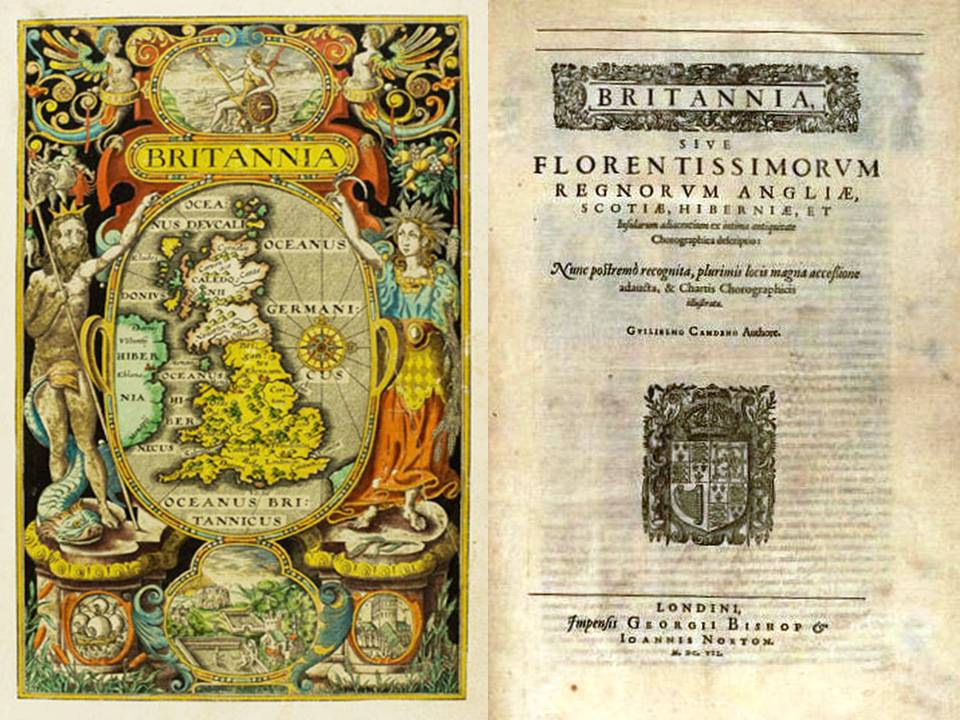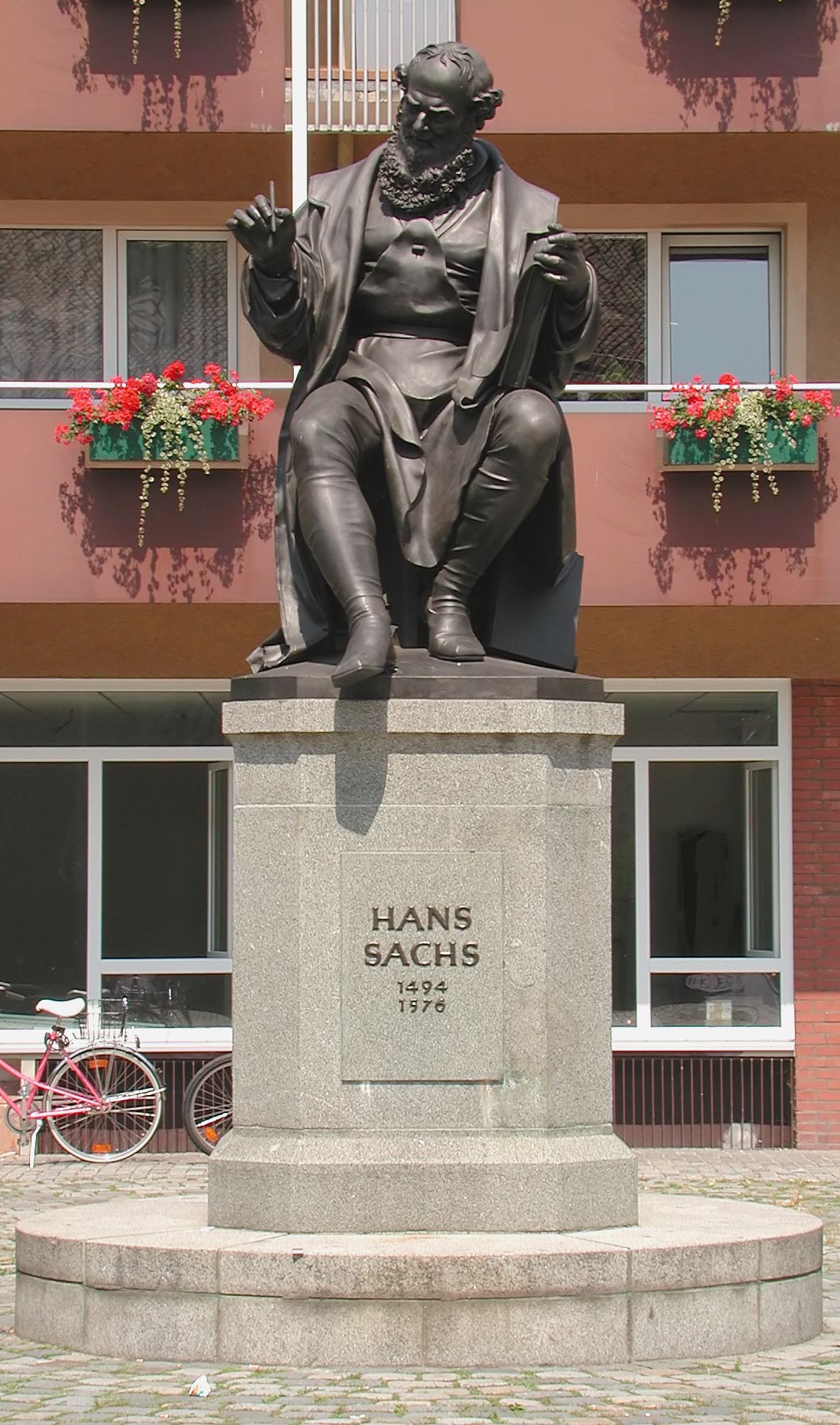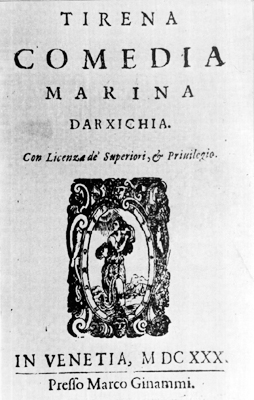|
1551 In Literature
This article contains information about the literary events and publications of 1551. Events *June 27 – Edict of Châteaubriant prohibits possessing any books listed on the University of Paris's Index, translating the Bible or works of the Church Fathers, importing books from Geneva or other places not under the Catholic Church's control, or printing or selling any religious books written in the last 40 years. *''unknown dates'' **Juan de Betanzos begins to write his "Narrative of the Incas". **An edition of the ''Book of Common Prayer'' printed by Humphrey Powell, ''de facto'' King's Printer in Dublin, becomes the first book printed in Ireland. **The first English language translation of Thomas More's ''Utopia'' (first published in Latin 1516), made by Ralph Robinson, is published in London. New books Prose *Bishop Mikael Agricola – ''Abckiria'' (second edition) *John Calvin – ''De Scandalis'' *Bartolomé de las Casas – ''Historia general de las Indias'' *Andrzej Frycz ... [...More Info...] [...Related Items...] OR: [Wikipedia] [Google] [Baidu] |
Bartolomé De Las Casas
Bartolomé de las Casas, OP ( ; ; 11 November 1484 – 18 July 1566) was a 16th-century Spanish landowner, friar, priest, and bishop, famed as a historian and social reformer. He arrived in Hispaniola as a layman then became a Dominican friar and priest. He was appointed as the first resident Bishop of Chiapas, and the first officially appointed "Protector of the Indians". His extensive writings, the most famous being ''A Short Account of the Destruction of the Indies'' and ''Historia de Las Indias'', chronicle the first decades of colonization of the West Indies. He described the atrocities committed by the colonizers against the indigenous peoples. Arriving as one of the first Spanish (and European) settlers in the Americas, Las Casas initially participated in, but eventually felt compelled to oppose, the abuses committed by colonists against the Native Americans. As a result, in 1515 he gave up his Native American slaves and '' encomienda'', and advocated, before King Cha ... [...More Info...] [...Related Items...] OR: [Wikipedia] [Google] [Baidu] |
William Camden
William Camden (2 May 1551 – 9 November 1623) was an English antiquarian, historian, topographer, and herald, best known as author of ''Britannia'', the first chorographical survey of the islands of Great Britain and Ireland, and the ''Annales'', the first detailed historical account of the reign of Elizabeth I of England. Early years Camden was born in London. His father Sampson Camden was a member of The Worshipful Company of Painter-Stainers. He attended Christ's Hospital and St Paul's School, and in 1566 entered Oxford (Magdalen College, Broadgates Hall, and finally Christ Church). At Christ Church, he became acquainted with Philip Sidney, who encouraged Camden's antiquarian interests. He returned to London in 1571 without a degree. In 1575, he became Usher of Westminster School, a position that gave him the freedom to travel and pursue his antiquarian researches during school vacations. ''Britannia'' In 1577, with the encouragement of Abraham Ortelius, Camden bega ... [...More Info...] [...Related Items...] OR: [Wikipedia] [Google] [Baidu] |
May 2
Events Pre-1600 * 1194 – King Richard I of England gives Portsmouth its first Royal Charter. * 1230 – William de Braose is hanged by Prince Llywelyn the Great. * 1536 – Anne Boleyn, Queen of England, is arrested and imprisoned on charges of adultery, incest, treason and witchcraft. *1559 – John Knox returns from exile to Scotland to become the leader of the nascent Scottish Reformation. *1568 – Mary, Queen of Scots, escapes from Loch Leven Castle. 1601–1900 *1611 – The King James Version of the Bible is published for the first time in London, England, by printer Robert Barker. * 1625 – Afonso Mendes, appointed by Pope Gregory XV as Latin Patriarch of Ethiopia, arrives at Beilul from Goa. * 1670 – King Charles II of England grants a permanent charter to the Hudson's Bay Company to open up the fur trade in North America. * 1808 – Outbreak of the Peninsular War: The people of Madrid rise up in rebellion against French occ ... [...More Info...] [...Related Items...] OR: [Wikipedia] [Google] [Baidu] |
1551 In Poetry
Nationality words link to articles with information on the nation's poetry or literature (for instance, Irish or France). Events Works published * Robert Crowley, published anonymously, ''Philargyrie of Greate Britayne; or, The Fable of the Great Giant''Cox, Michael, editor, ''The Concise Oxford Chronology of English Literature'', Oxford University Press, 2004, * Marcantonio Flaminio, ''Carmina Sacra'', posthumous, Italy Births Death years link to the corresponding "earin poetry" article: * Bhai Gurdas (died 1636), Sikh scholar, poet and the scribe of the Adi Granth * Siméon-Guillaume de La Roque (died 1611), French * George Whetstone year uncertain (died 1587), English poet and author Deaths Birth years link to the corresponding "earin poetry" article: * Ludovico Pasquali (born 1500), Italian author and poet * Sin Siamdang (born 1504), Korean painter, poet, embroiderer, calligrapher, scholar of Confucian literature and historyOlsen, Kirsten,''Chronology of Women's Histor ... [...More Info...] [...Related Items...] OR: [Wikipedia] [Google] [Baidu] |
Lorenzo De Sepúlveda
Lorenzo de Sepúlveda (c. 1505 – c. 1580) was a Spanish writer best known as the author of romances in verse. Life and Works Little is known of Lorenzo de Sepúlveda's life. He descended from a notable family and lived most or all of his life in Seville. In 1551 a volume of narrative poems that he had written, ''Romances nueuamente sacados de historias antiguas de la crónica de España'' omances newly drawn from antique stories of the chronicle of Spain/nowiki>, was published with considerable success. Another work usually attributed to this author is a comedy in prose in the style of the Italian '' commedia dell'arte'', first performed circa 1565; it is known as the ''Comedia de Sepúlveda''. Although the style of the play is very different from that of the romances, and although there are few clues to the identity of the author, Lorenzo de Sepúlveda remains the best candidate. The ''Romances'' Romances in the Spanish language had been a form of popular narrative po ... [...More Info...] [...Related Items...] OR: [Wikipedia] [Google] [Baidu] |
Georg Wickram
Georg (or Jörg) Wickram (c.1505 – before 1562) was a German poet and novelist. Life Wickram was born at Colmar in Alsace; the exact date of his birth and death are unknown. He founded a Meistersinger school in Colmar in 1549, and has left a number of Meistersingerlieder. He passed the latter part of his life until his death as town clerk of Burkheim on the Rhine. Wickram was a many-sided writer. He edited Albrecht von Halberstadt's Middle High German version of Ovid's ''Metamorphoses'' (1545), and in 1555 he published ''Das Rollwagenbuchlein'', one of the best of the many German collections of tales and anecdotes which appeared in the 16th century. The title of the book implies its object, namely, to supply reading for the traveller in the "Rollwagen" or diligences. As a dramatist, Wickram wrote ''Fastnachtsspiele'' (''Das Narrengiessen'', 1537; ''Der treue Eckart'', 1538) and two dramas on biblical subjects, ''Der verlorene Sohn'' (1540) and ''Tobias'' (1551). A moral ... [...More Info...] [...Related Items...] OR: [Wikipedia] [Google] [Baidu] |
Hans Sachs
Hans Sachs (5 November 1494 – 19 January 1576) was a German ''Meistersinger'' ("mastersinger"), poet, playwright, and shoemaker. Biography Hans Sachs was born in Nuremberg (). As a child he attended a singing school that was held in the church of Nuremberg. This helped to awaken in him a taste for poetry and music.2009 Jean Henri Merle D'Aubign, History of the Great Reformation of the Sixteenth Century in Germany, Switzerland. General Books His father was a tailor. He attended Latin school () in Nuremberg Nuremberg ( ; german: link=no, Nürnberg ; in the local East Franconian dialect: ''Nämberch'' ) is the second-largest city of the German state of Bavaria after its capital Munich, and its 518,370 (2019) inhabitants make it the 14th-largest ... . When he was 14 he took up an apprenticeship as a shoemaker. After the apprenticeship, at age 17, he was a journeyman and set out on his Journeyman years (''Wanderjahre'' or ''Walz''), that is, travelling about with companion ... [...More Info...] [...Related Items...] OR: [Wikipedia] [Google] [Baidu] |
Marin Držić
Marin Držić (; also ''Marino Darza'' or ''Marino Darsa''; 1508 – 2 May 1567) was a Croatian writer from Republic of Ragusa. He is considered to be one of the finest Renaissance playwrights and prose writers of Croatian literature. Life Born into a large and well to do family (with 6 sisters and 5 brothers) in Dubrovnik, Držić was trained and ordained as a priest — a calling very unsuitable for his rebel temperament. Marin's uncle was another famous author Džore Držić. Ordained in 1526, Držić was sent in 1538 to Siena in Tuscany to study the Church Canon Law, where his academic results were average. Thanks to his extroverted and warm personality, he is said to have captured the hearts of his fellow students and professors, and was elected to the position of rector of the university. Losing interest in his studies, Marin returned to the Dubrovnik Republic in 1543. Here he became an acquaintance of Austrian adventurer Christoph Rogendorf, then at odds with ... [...More Info...] [...Related Items...] OR: [Wikipedia] [Google] [Baidu] |
Ludovico Ariosto
Ludovico Ariosto (; 8 September 1474 – 6 July 1533) was an Italian poet. He is best known as the author of the romance epic ''Orlando Furioso'' (1516). The poem, a continuation of Matteo Maria Boiardo's ''Orlando Innamorato'', describes the adventures of Charlemagne, Orlando, and the Franks as they battle against the Saracens with diversions into many sideplots. The poem is transformed into a satire of the chivalric tradition. Ariosto composed the poem in the ottava rima rhyme scheme and introduced narrative commentary throughout the work. Ariosto also coined the term "humanism" (in Italian, ''umanesimo'') for choosing to focus upon the strengths and potential of humanity, rather than only upon its role as subordinate to God. This led to Renaissance humanism. Birth and early life Ariosto was born in Reggio nell'Emilia, where his father Niccolò Ariosto was commander of the citadel. He was the oldest of 10 children and was seen as the successor to the patriarchal position of ... [...More Info...] [...Related Items...] OR: [Wikipedia] [Google] [Baidu] |
Tsardom Of Russia
The Tsardom of Russia or Tsardom of Rus' also externally referenced as the Tsardom of Muscovy, was the centralized Russian state from the assumption of the title of Tsar by Ivan IV in 1547 until the foundation of the Russian Empire by Peter I in 1721. From 1551 to 1700, Russia grew by 35,000 km2 per year. The period includes the upheavals of the transition from the Rurik to the Romanov dynasties, wars with the Polish–Lithuanian Commonwealth, Sweden and the Ottoman Empire, and the Russian conquest of Siberia, to the reign of Peter the Great, who took power in 1689 and transformed the Tsardom into the Russian Empire. During the Great Northern War, he implemented substantial reforms and proclaimed the Russian Empire after victory over Sweden in 1721. Name While the oldest endonyms of the Grand Duchy of Moscow used in its documents were "Rus'" () and the "Russian land" (), a new form of its name, ''Rusia'' or ''Russia'', appeared and became common in the 15th century. ... [...More Info...] [...Related Items...] OR: [Wikipedia] [Google] [Baidu] |
Canon Law
Canon law (from grc, κανών, , a 'straight measuring rod, ruler') is a set of ordinances and regulations made by ecclesiastical authority (church leadership) for the government of a Christian organization or church and its members. It is the internal ecclesiastical law, or operational policy, governing the Catholic Church (both the Latin Church and the Eastern Catholic Churches), the Eastern Orthodox and Oriental Orthodox churches, and the individual national churches within the Anglican Communion. The way that such church law is legislated, interpreted and at times adjudicated varies widely among these four bodies of churches. In all three traditions, a canon was originally a rule adopted by a church council; these canons formed the foundation of canon law. Etymology Greek / grc, κανών, Arabic / , Hebrew / , 'straight'; a rule, code, standard, or measure; the root meaning in all these languages is 'reed'; see also the Romance-language ancestors of the Engli ... [...More Info...] [...Related Items...] OR: [Wikipedia] [Google] [Baidu] |




